Leaf miners are a common type of pests for both cannabis growers and gardeners. Leaf miners are a group of insects (certain flies, moths, and beetles) that lay their eggs on the leaves of plants. When the eggs hatch and the next stage begins (the actual leaf miner), the larvae burrow into the leave of plants, eating the material inside. They then cocoon and become adults, who mate and lay their eggs on new leaves.
Leaf miner infestations are an annoyance. They usually do not kill plants on their own. If left untreated, the leaf miners can drastically reduce the yield of your cannabis plants. Also, the tunnels that the leaf miners create can expose your plants to much worse issues which can potentially kill your plants. Let’s explore how to identify a leaf miner infestation and how to deal with them.
The larvae of these insects look like very small worms. Some leaf miners have a yellowish-brown appearance, while others can be green. They commonly grow to about a cm in length. You will know you have an infestation if you start to see thin whitish, wavy lines start to appear on your leaves. This is the track the miner is following while it eats your cannabis plant’s leaves. They will follow these tracks until they are adults. They will emerge from the leaves, mate, and start the process all over again.
What you need to look out for:
If the infestation has been going on for while the signs should be very obvious. Once you are able to recognize the signs of leaf miners on your cannabis, you can start to get rid of the problem. You must act quickly in order to stem the issue. Read on to find out how.
Introducing predators into your cannabis grow area is a great natural way to control the infestation of leaf miners. There is a wasp called the Diglyphus Isaea which will help to eradicate the leaf miners on your marijuana plant.
The Diglyphus Isaea is a common parasitic wasp that uses the bodies of the leaf miner larvae in order to feed its own young. The wasp will search out a leaf miner. It will kill the larva and lay an egg on it. When the egg hatches, the wasp pupae will use the body of the leaf miner as food. It will then emerge from the tunnel as an adult, mate, and search out more leaf miners.
This is a great organic way to get rid of leaf miners. You can attract these wasps by planting nectar-and pollen-rich flowers such as dill and yarrow. You can also purchase them at a garden store. Just make sure that they are not invasive to your area. You don’t want to replace one problem with another one.
Neem oil is a great natural way to get rid of leaf miners on your cannabis plant. Neem oil can be used in two ways. It can be sprayed on the plant directly, or it can be put into the soil. Let’s examine how this works.
Neem oil can be mixed with water and sprayed directly on the plant. This will coat your cannabis leaves in the oil. Neem oil is not known to do any damage to the plant itself. This can give you peace of mind, as the oil should not disturb the growth of your cannabis.
When you spray oil on the plant, it coats the plant. However, it does not get into the leaves themselves. So it will not kill the leaf miners directly. What neem oil does is dissuade the adult pests from landing on the cannabis leaves in the first place. The oil can be unpleasant to adult flies, moths, and beetles. Therefore, they will usually try to avoid a plant covered in neem oil. Neem has a half-life of 1-4 days when mixed with water, so you will need to spray often.
Neem oil can be mixed into the soil. It has a much longer half-life in soil. You will need to do some research on the specific oil that you use. In order to do this, you will need to drench the soil. The plant will pull the oil out of the soil using its roots. The cannabis plant will then circulate the oil through its system.
When the leaf miner is eating your cannabis plant, it also consumes the neem oil compounds. Neem oil that insects have consumed cause a reduction in feeding, can prevent larvae from maturing, reduce or interrupt mating behavior, and coat breathing holes. It can be a very effective way of killing off insect infestation.
Another way to stop leaf miners from eating your cannabis plants is to use sticky traps. Sticky traps are material covered with a sticky adhesive. When an insect touches the adhesive, they get stuck. The more they struggle, the more they get coated in the adhesive./p>
You can lay the traps around the base of your plants and also hhang them near them the traps are set, you can give your plants a shake. The flies will swarm out of the plants and hopefully get stuck to the trap. You will need to repeat this process a few times, daily. This is the least invasive method of the three methods presented today.
We’ve talked about what to do if you get leaf miners. It is important to remember: preventing a leaf miner infestation is the best way to handle them. But how do you prevent them? Keep these tips in mind: Covers and Regular Observation.
Keep your plants covered if you suspect you are susceptible to leaf miners. The insects which cause leaf miners to happen need access to the plant in the first place. Covering your plants with something that lets in air and light, but keeps out pests is your best bet here.
Keep an eye on your plants. Speed is key if you can discover these pests when they first start to appear. If you can get to them before they do any real damage or get a foothold, then you will be ahead of the game.
Remember that preventing an infestation is much better than dealing with one.
An infestation on your crop can cause you a lot of stress. If you follow these three methods; you should be able to control the leaf miners on your cannabis crop. Remember to be calm, take care of the issue quickly, and you should be OK.
Happy Growing!
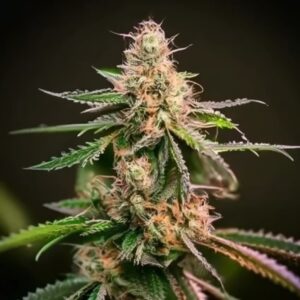


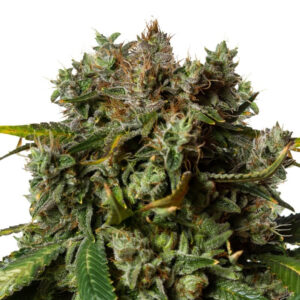

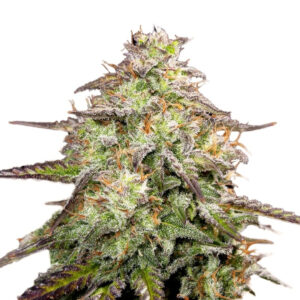
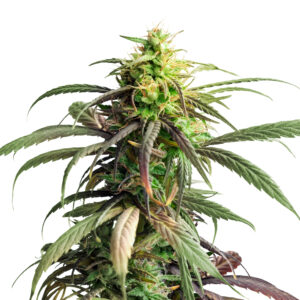






Related Posts

Growing marijuana in greenhouse settings can be a deeply rewarding experience. However, it’s not without its fair share of challenges.
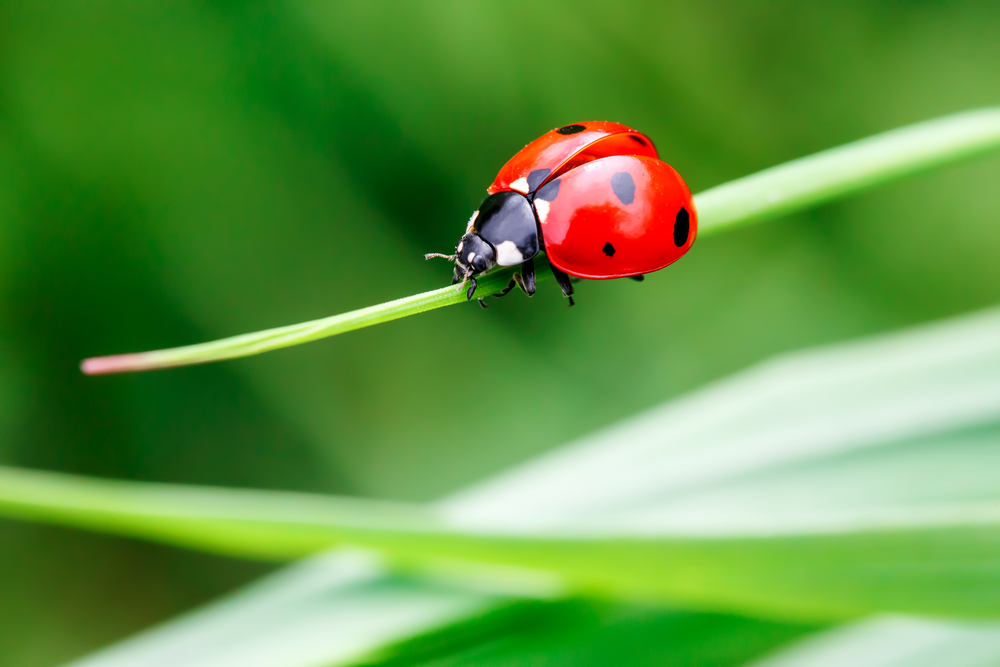
As a cannabis grower, you can have to deal with a lot of hassle. For example, you can suffer a lot from insects and other annoying little animals. You naturally want to protect your valuable plants against that, but you prefer not to use heavy, pesticides. Fortunately, there are often biological solutions that are a lot friendlier to your plant and the environment.
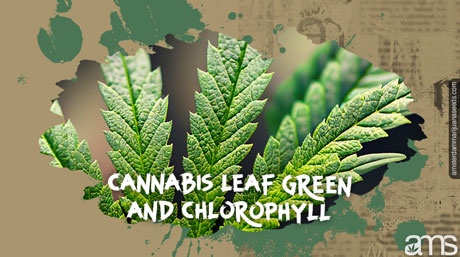
Step into the enchanting realm of cannabis leaves, where the splendor of nature and the marvels of science intertwine. In this comprehensive exploration, we embark on a captivating journey, immersing ourselves in the kaleidoscope of vibrant green hues that grace cannabis leaves—the result of the primary pigment that reigns supreme chlorophyll.